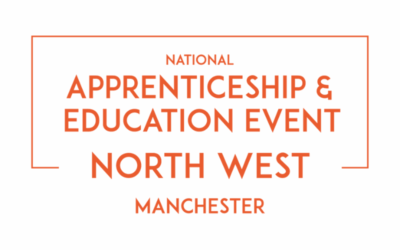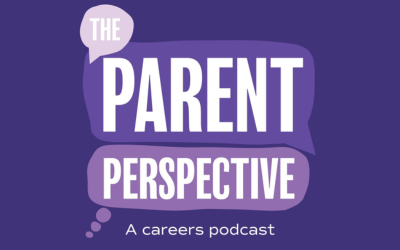Parents & Carers
Help your child explore career ideas and plan their next steps.
Explore our guides for parents and carers

Find helpful careers events in your area
You and your child could attend careers events together, or you could encourage your child to attend suitable events on their own. See some examples of events below or click through to see events local to you.
National Apprenticeship and Education Event: North West
Date: 10/03/2026
Time: 9.30am - 3pm
Suitable for: Students, parents, teachers
The National Apprenticeship and Education Event: North West - Manchester invites you to an inspiring, face-to-face event that connects employers, universities, colleges, and training providers in a welcoming and interactive setting.
See opportunities your child could take part in
Greater Manchester is lucky enough to have a huge range of opportunities your child could take part in, as well as a lot of support they could access. Some of these might be volunteering or work experience, while others offer free advice and help. See what’s available below.

Amazing Apprenticeships “The Parent Perspective” Podcast
“The Parent Perspective” is an exciting podcast series for parents and carers, helping them to support their children with careers advice and guidance. Series 3 is bigger and better than ever, led by our brilliant new host, Rachel Burden! Together with Not Going to...
Speaking Out Could Save A Life
Together we can end knife crime in Greater Manchester. If you are concerned about a young person – your son, daughter, nephew, niece, friend, or someone you know, speaking out about…





